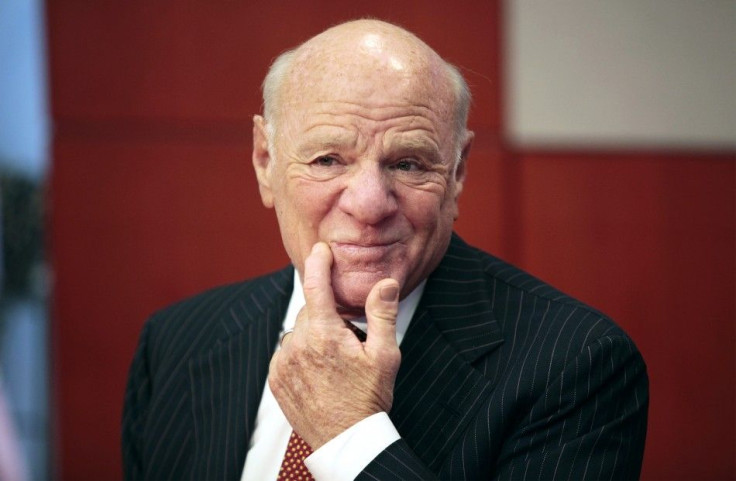Aereo Hopes TV Viewers Will Cut the Cord; Backed by Diller Millions

The ongoing kerfuffle between classic TV services and the Web's intermediaries has a new Web-streaming combatant, Aereo, which announced Wednesday a $20.5 million infusion of funding from media veteran Barry Diller.
The service presents itself as portable go-between for broadcasters' content and consumers, and has specific plans to give New Yorkers the chance to watch broadcast television on a variety of Internet-enabled devices starting March 14.
Diller, who helped found both Fox and USA networks, invested in Aereo through his technology and entertainment company IAC/InterActiveCorp. As a result, Aereo has $25 million to get started.
In theory, Aereo could spur the long-foretold onslaught of viewers willing to cut the cord, nixing their cable and TV service for Internet-only consumption. The field is already rife with players, including Netflix, YouTube, Apple's iTunes and Hulu.
But the New York-based service moves the model of re-airing content a step further, essentially taking advantage of legally murky waters to transmit live broadcast signals via the Web. Conceptually, streaming live content to computers and mobile devices is rather stale, but the New York-based company's method has many expecting a legal battle.
Creators and owners of content have nothing to fear from this innovation, Diller told The New York Times. It will be like all other tech innovations before. It will lead to greater profits for them.
Chet Kanoijia, Aereo's founder and CEO, likened the $12-per-month service to slapping a RadioShack antenna atop your TV and catching the signals of local affiliates.
It is very new, he told the Wall Street Journal. So I'm assuming there will be lots of questions and reactions to it.
The company believes it can get away with re-broadcasting the material by licensing the use of thousands of antennas to each user, with a DVR service included.
Technically we're actually providing a user license for the antenna and the cloud DVR, Kanojia said, according to the New York Times.
At the size of a thumbnail, the proprietary device may be the key to protecting Aereo from substantive legal action. But many believe that a bunch of tiny devices posted in Brooklyn won't stop content providers from using some legal means to stop the company.
Whereas satellite and cable-TV operators pay broadcasters about $1 a month per subscriber, Aereo has no intention of paying a dime.
The service's odds of passing without legal headaches remain slim, according to Tony Wible, an analyst for Janney Montgomery Scott. Its actual necessity in the market is dubious as well.
The Comcast numbers today will show you that people aren't 'cutting the cord,' he said. It's a repetitive service. The services that attempt to cut the cord will hit a wall when they reach usage-based billing on Internet data.
The potential of content hitting consumer's wallets by overloading their data plans on mobile devices (and possibly home Internet connections in the near future) brings in diminishing returns, he said. I'm a bit skeptical for now. I actually think that the content guys will fight this tooth and nail.
However, Kanojia believes Aereo is establishing a model that nixes cable companies.
Television over the Internet is a certainty, he told the Journal. It is just a matter of when and how.
© Copyright IBTimes 2024. All rights reserved.











